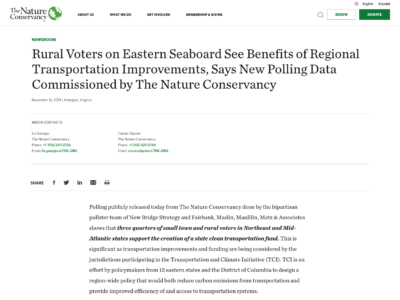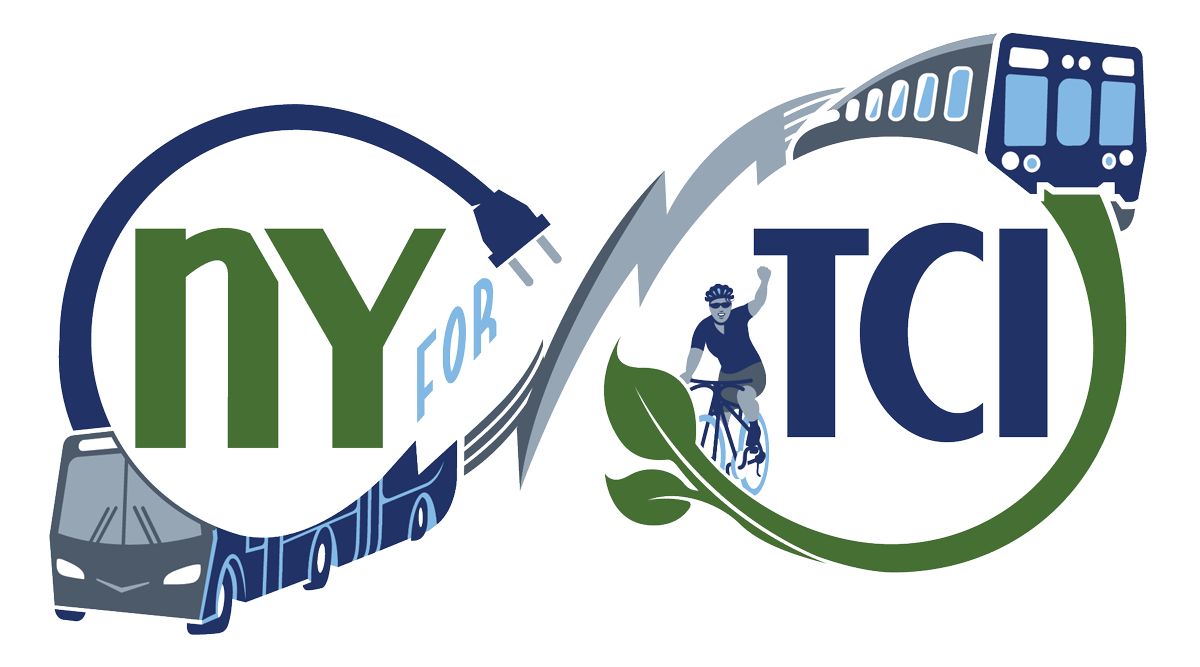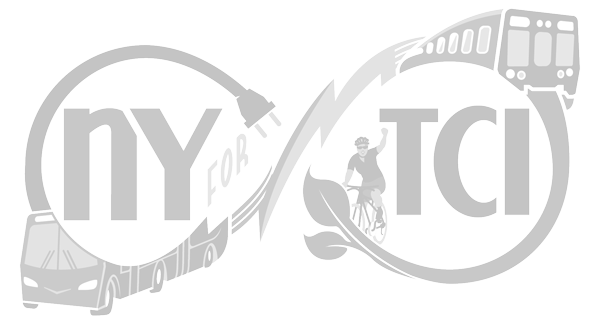
Polling publicly released today from The Nature Conservancy done by the bipartisan pollster team of New Bridge Strategy and Fairbank, Maslin, Maulllin, Metz & Associates shows that three quarters of small town and rural voters in Northeast and Mid-Atlantic states support the creation of a state clean transportation fund. This is significant as transportation improvements and funding are being considered by the jurisdictions participating in the Transportation and Climate Initiative (TCI). TCI is an effort by policymakers from 12 eastern states and the District of Columbia to design a region-wide policy that would both reduce carbon emissions from transportation and provide improved efficiency of and access to transportation systems.
The polling indicates that support among rural and small-town voters for the proposal is broad-based and widespread, encompassing men and women, white voters and voters of color, democrats, independents and republicans, and both young and old voters.
Rural and small-town voters are considered critical to making any proposal of this nature politically viable. Transportation is an area in which rural areas and small towns are often neglected, and the poll revealed residents feel that keenly. Eighty three percent of rural and small-town voters say that they “have no choice but to drive as much as they do” and eighty-one percent say rural and small town areas often do not get their fair share of transportation funding.
Rural voters across party lines are in support of investing in better transportation options. Seventy five percent of these rural voters support the creation of a clean transportation fund that would “would invest in transportation choices that reduce pollution, including expanding public transportation, creating incentives and infrastructure for electric vehicles, and safe ways for people to walk and bike, including in small towns and rural areas of the state.” That support included 63 percent of voters identifying as Republicans, and 61 percent of voters identifying as conservative.

